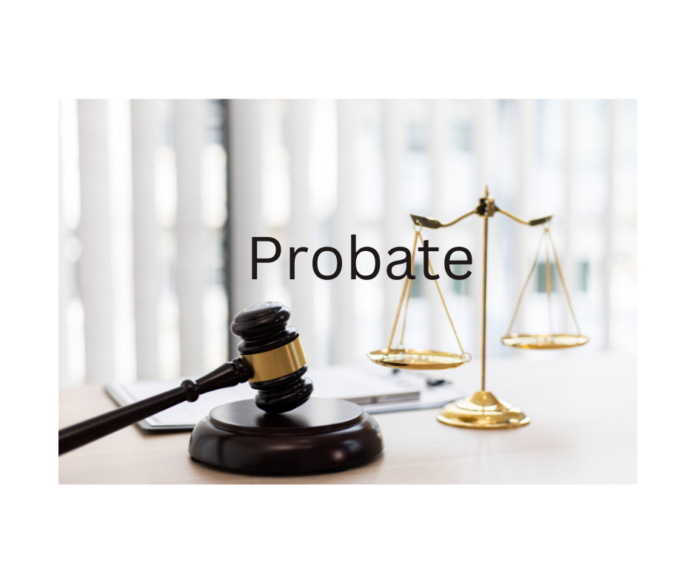Probate is a process of transferring all the property after someone dies – paying off debts and other requirements before distributing any remaining money or assets to heirs or beneficiaries named in the will. It is a legal process that involves the administration and distribution of an estate, according to its stipulations. A court determines if a will is valid, and finds out how the deceased’s property should be distributed. Probate is sometimes necessary when the deceased left behind assets that need to be transferred to beneficiaries or others, or if they have outstanding debts. The process can be time-consuming and expensive. There are a few pitfalls with probate such as:
The probate court system can be too slow and prohibitively expensive.
The probate process is typically complicated and can be too slow, time-consuming, and prohibitively expensive. This is why so many people in the United States opt for wills to pass on the property after their death. The probate system is slow because it deals with a lot of paper and paperwork. For example, it may take months for a will to be verified with signatures from all beneficiaries and witnesses, as well as certificates from physicians who examined the deceased person shortly before death. Probate costs can quickly escalate because high-level attorneys can charge very high hourly fees.
Hidden difficulties with estates cause delays
When someone dies and leaves an estate, this means that there is a process of distributing their assets to the people who are named in their will. This process can be quite complicated and various pitfalls may arise. Typically, probate involves a lot of paperwork, which means that it can be expensive to get done properly and on time
There are sometimes hidden difficulties with estates that delay the process of distributing them. Most times it could be due to difficult circumstances such as the death of a spouse or child, or the absence of wills. Some estates have many assets and others are undervalued which can lead to disputes between beneficiaries and sometimes even legal action.
Read Also: What Key Estate Planning Tools Should you Know About?
Resources will stay locked in until after the probate settles
Probate can take months to settle, and it can be difficult for executors to handle these matters if there are no bank accounts left to pay off debts from. Not all probate cases are complex. However, some probates can be quite complicated, typically ones that involve large sums of money or property. When for instance a person has left behind bank accounts, any money in those accounts will stay locked in until after probate settles – which can take months.
There is also a risk of fraud from people who might claim to be entitled to property or assets that were not willed to them in the will. So you will need to start proving your identity and connection with the deceased by filling out probate papers – this way you can start collecting any assets coming your way as an heir or beneficiary
Fees add up
The cost can be burdensome, and it may take a long time. The probate process can be expensive and time-consuming due to court costs, attorney fees, personal representative fees, bonds, and accounting fees. It can take months for a case to settle in court. Some people avoid this by using trusts or transferring their property into joint ownership with a partner. However, these options also come with their pitfalls such as staying on top of taxes which is tedious for most people!
Probate intrudes into family Privacy
When a family member dies, there’s a lot that needs to happen before their estate can be distributed. Probate proceedings are not only complicated and time-consuming, but they also intrude on the family’s privacy. The family has to share every personal detail about their loved one with the executor of the will and probate court, which means going through old records, identifying all real estate holdings, and collecting any debts owed by the person who passed away.
Conclusion
People should be careful when handling their estate before death. They should determine if it is necessary or not, and they should be prepared for the aftermath. The probate proceedings are also intrusive on the family’s privacy and resources. Moreover, the settlements might take months to finalize. For people who want to avoid this, there are alternatives such as living trusts, but they still require family involvement or consent to some extent.
.



